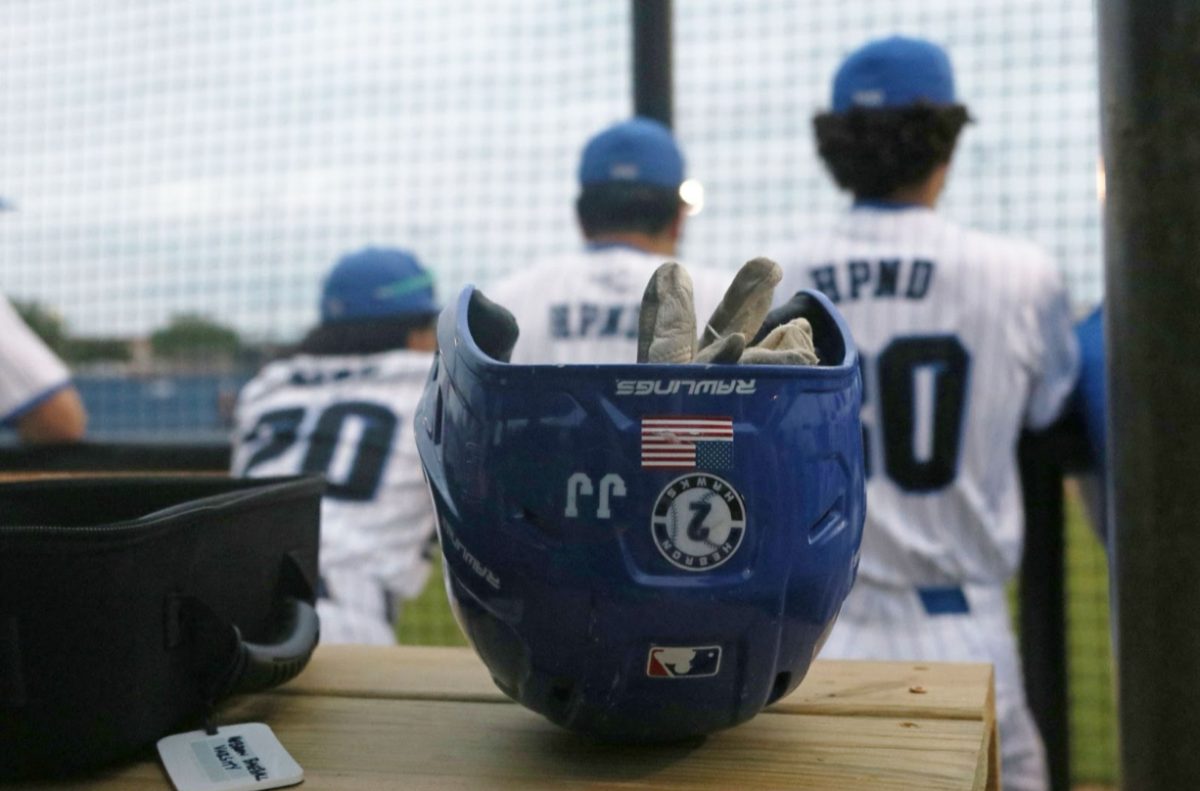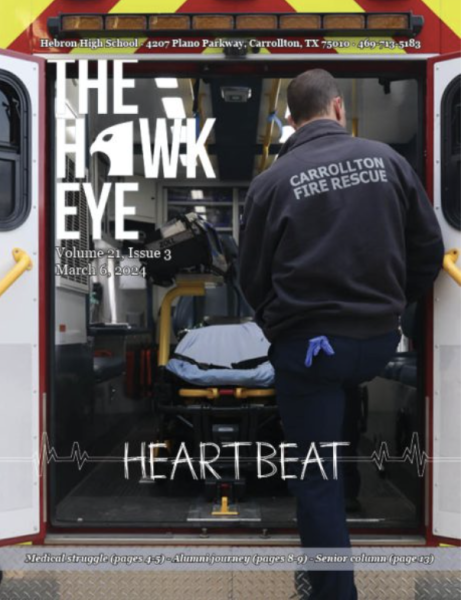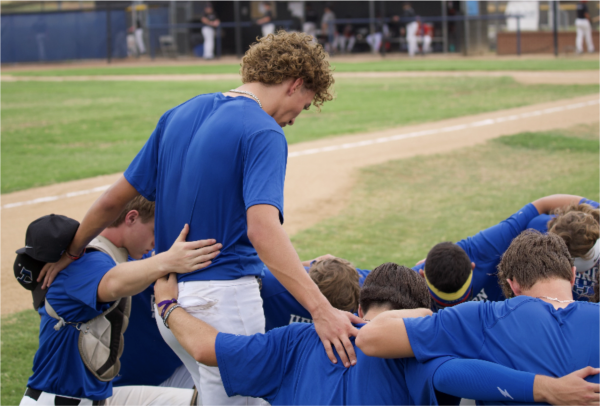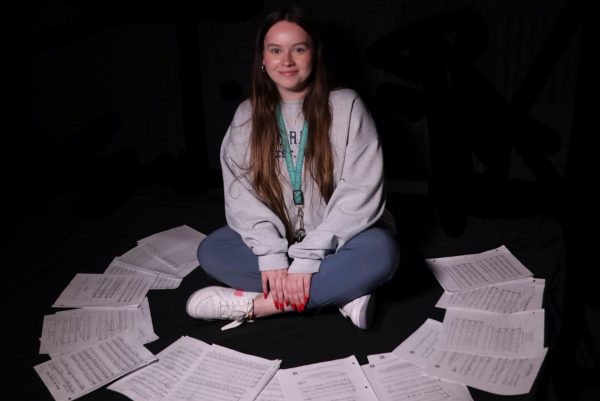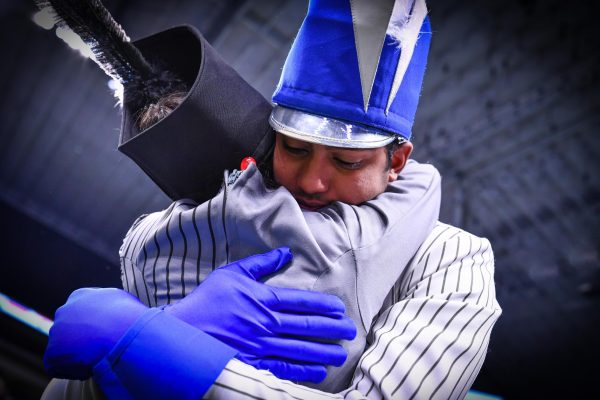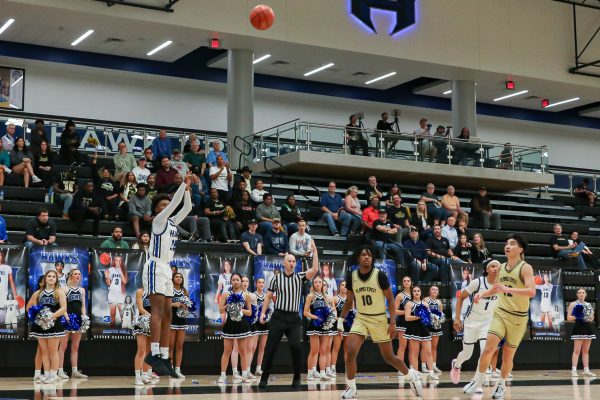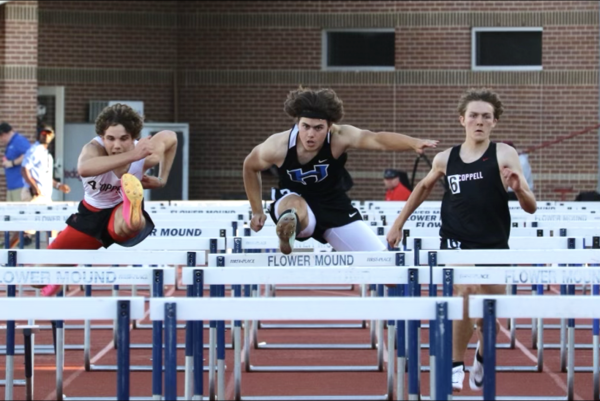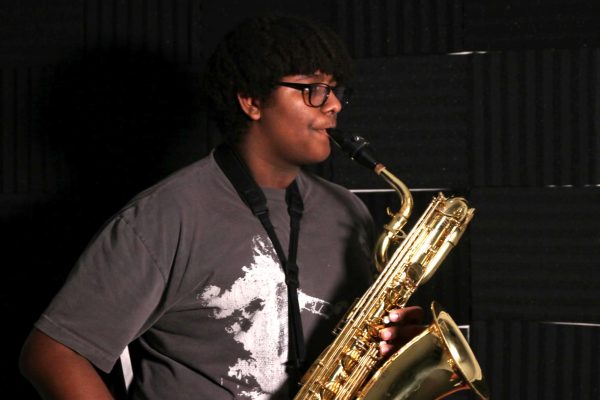Alphabet Soup: Sophomore adapts to learning disorder (Part Two)
Part Two
April 9, 2014
The report card handed to Brittney from AP World History (WHAP) teacher Leah Bouas was reward enough. The A shining on the paper resulted from hard work and late nights studying.
“It felt really good and an accomplishment because it is heavy in writing, but I also learned that because I enjoyed WHAP so much, it came easy to me,” Brittney said.
While interest helped Brittney do well in World History, another part of her success came from searching the internet for “What kind of learner are you?” tests. According to Brittney, realizing that she learns visually helps her accomplish seemingly difficult tasks, simply because she understands herself better.
“Learning a special way to memorize is really hard for [dyslexics],” Brittney said. “We have to know a lot about ourselves and how we learn so I’ll take pictures … and watching [WHAP teacher Jeremy Millhouse’s] videos really helped because he gives a lot of visuals … and then it just kind of sticks.”
Just as Brittney became confident in the English alphabet, time again had to be spent pouring over words and trying to come up with helpful tips to memorize vocabulary. This reversal of improvement came with the arrival of a necessary foreign language class: Spanish.
“It’s like being dyslexic all over again,” Brittney said. “I have to learn new tricks and tips to help myself through it. I’m only going to go to [Spanish] II because my grade would hurt me more than it would help me.”
While Brittney had to spend time creating easier ways to learn Spanish, she advanced in reading and writing in English through her mother. And the use of a trampoline and shaving cream.
“I would yell out the word for her and she would give me the letters while she jumped and for some reason the rhythm of jumping helped her to focus and be able to spell words,” Lea said. “We’d also write in shaving cream on the kitchen table. That helped. It just took her longer and we had to do things a little differently.”
Time spent in the rhythm of jumping on the trampoline also transferred to Brittney’s involvement in cheer, which has been a source of expression and escape from the troubles in school.
“I really like the escape away from writing and all that stuff,” Brittney said. “Part of why I do so well at cheer is because I’m really into rhythm, and the rhythm helps me get through a lot of dyslexic issues.”
While dyslexia helped lead Brittney to cheer, it also gave way to her future hope of wishing to be involved in neuroscience.
“It comes naturally to me, and I think that it’s interesting … and I really like everything dealing with the brain because growing up knowing you’re dyslexic [makes] you want to learn more about it and a lot of it has to do with how your brain works and so I find it interesting to see the differences between people without dyslexia and people with dyslexia,” Brittney said.
Two minutes passed before Brittney finished reading a page of her newest book “Divergent” by Veronica Roth, but this slower reading pace does not stop Brittney from checking out new books, such as the “Delirium” series by Lauren Oliver, constantly.
“I absolutely love reading,” Brittney said. “I read everything, I just read slower. I’m better at long term memory though, so if I read a story, I can tell you more about it than most people can. I can tell you the plot and specific details when most people have a better short term memory.”
Brittney’s disorder has not stopped her from spending time to study hard and do well, and her parents do not treat her like a handicap either.
“They treat me [in a way that] I had to work harder, but I should still be able to accomplish the same things,” Brittney said. “They [don’t] have that attitude [saying] ‘where you’re at is okay because you’re dyslexic’.
In the end, Brittney’s family shares a positive outlook on their experience with Brittney’s dyslexia for the chance to gain knowledge as well as discover that Brittney and her father share dyslexia and the experiences associated with it.
“Her father is dyslexic and he never knew it,” Lea said. “We’ve learned a lot about dyslexia [and] it’s been a really good experience for the family.”
Despite the extra time and effort that came hand in hand with dyslexia, Brittney finds hope looking to the future and keeps a realistic attitude toward the disorder.
“As you get older, you learn what it takes to deal with certain situations and that you have to spend more time on things,” Brittney said. “Dyslexia does get easier the older you get, but there’s always going to be trouble.”




